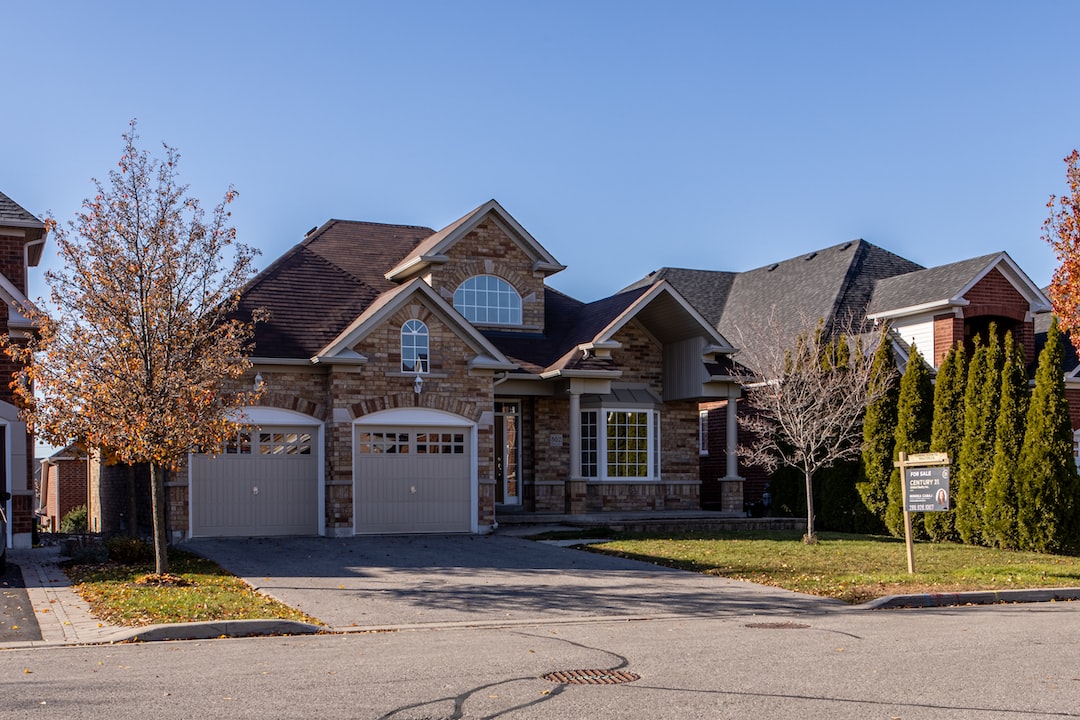The Rise of Smart Homes and Their Impact on Property Values
In recent years, the concept of smart homes has become increasingly popular. With advancements in technology, homeowners now have the ability to control various aspects of their homes through a centralized system, such as lighting, heating, security, and entertainment. As the demand for smart homes continues to grow, so does their impact on property values.
One of the key benefits of smart homes is their ability to enhance security. With features like smart locks and surveillance systems, homeowners can monitor their properties and even grant access to authorized individuals remotely. This added layer of security is appealing to potential buyers, as it provides a sense of peace of mind and a greater level of control over their living environment. Consequently, homes fitted with these advanced security features tend to have higher property values.
Efficiency is another significant advantage of smart homes. By using smart thermostats and lighting systems, homeowners can optimize energy consumption, resulting in lower utility bills. Additionally, smart appliances and devices can be programmed to operate during off-peak hours, reducing strain on the power grid. This increased energy efficiency not only benefits homeowners financially, but also contributes to a more sustainable future. Given the current focus on environmental concerns, properties equipped with smart home features are seen as desirable and attract higher market values.
Moreover, the convenience that smart homes offer is a major factor driving their popularity and impact on property values. Imagine being able to control all the devices in your home through a smartphone app or voice commands. This level of convenience is highly appealing to potential buyers who value modern technology. From adjusting the temperature to streaming music and videos, smart homes provide a seamless and personalized experience tailored to homeowners’ preferences. Consequently, properties equipped with smart features often command higher prices in the real estate market.
Furthermore, the trend of remote work and flexible schedules has increased the importance of home and office integration. Smart homes provide the ability to create dedicated workspaces with features like automated lighting, soundproofing, and integrated communication systems. With the ongoing shift towards remote work, properties that can accommodate the needs of a home office are in high demand. The presence of smart home features, which enhance productivity and streamline workflow, can significantly influence property values.
In conclusion, the rise of smart homes has had a significant impact on property values. These technologically advanced homes provide enhanced security, energy efficiency, convenience, and home office integration, which are all highly valued by potential buyers. As the demand for smart homes continues to grow, we can expect to see an increase in their impact on property values across the real estate market. It is clear that smart homes are not just a passing trend, but rather a game-changer in the way we live and the value we place on our properties.
